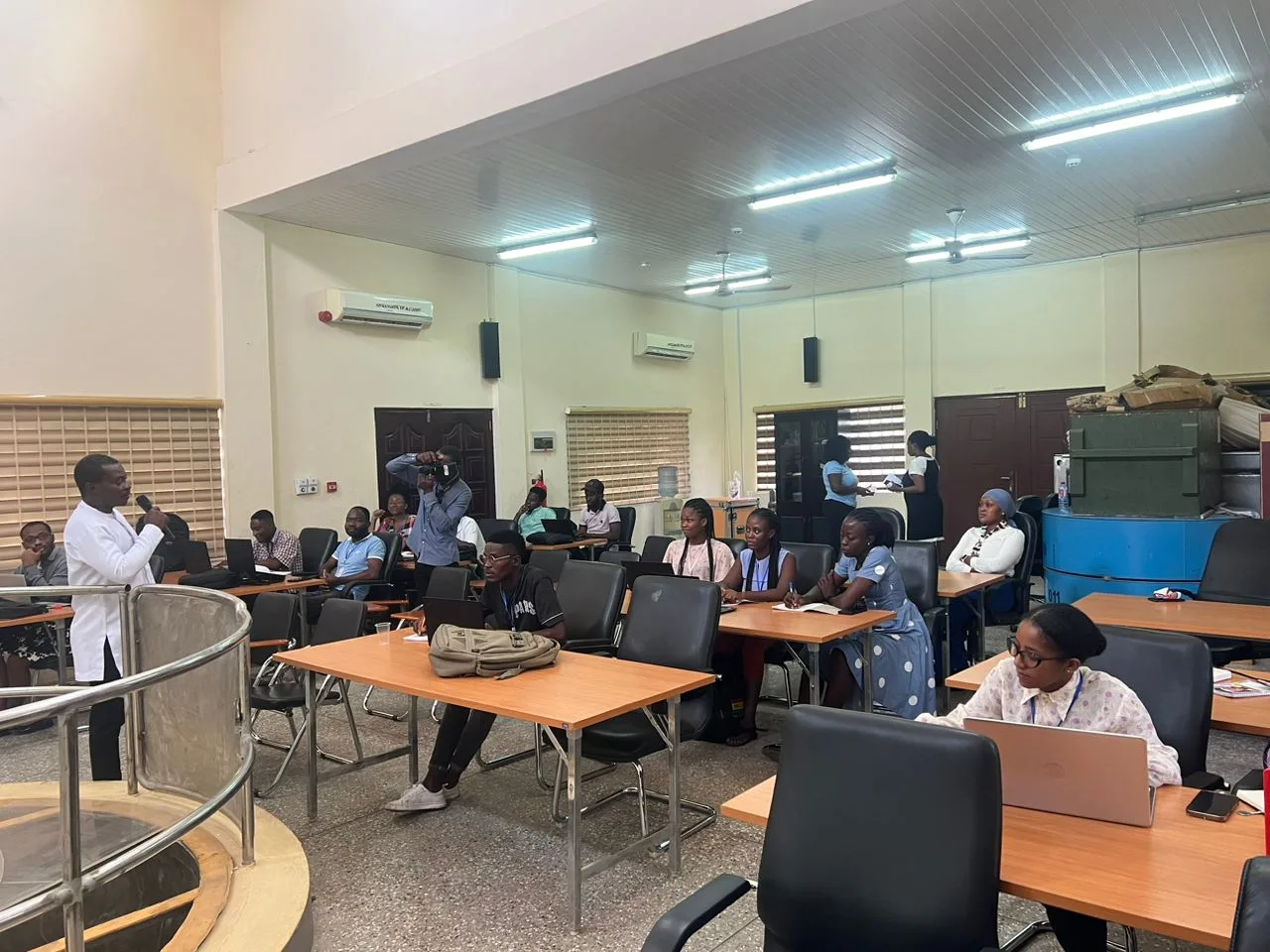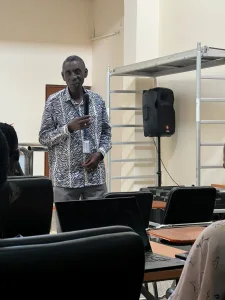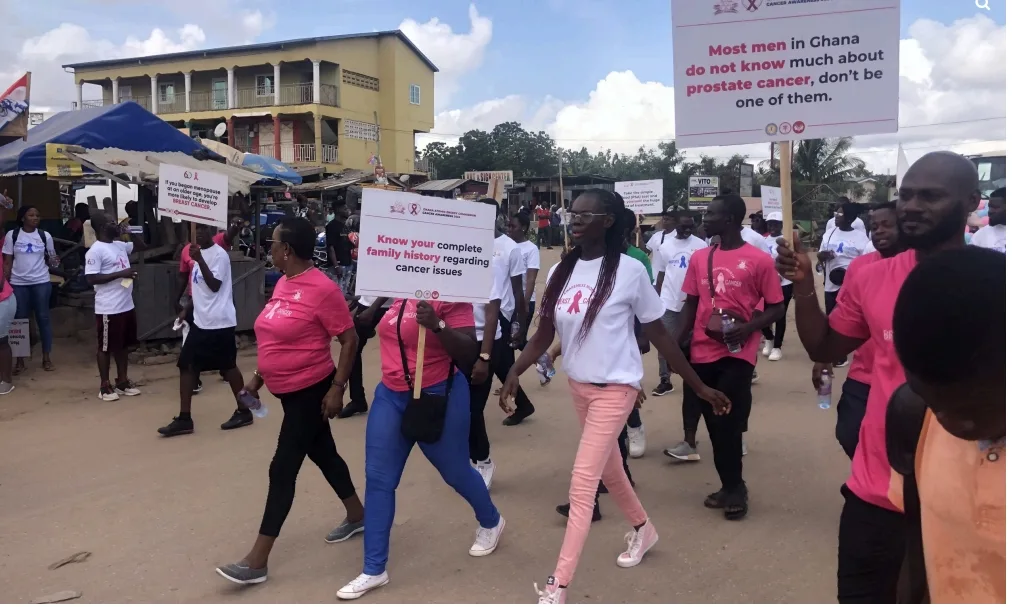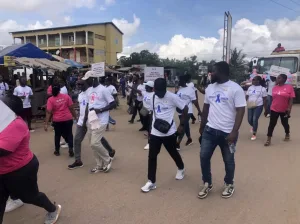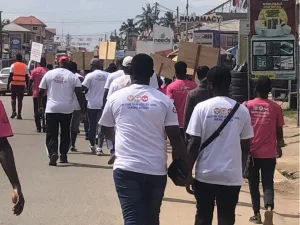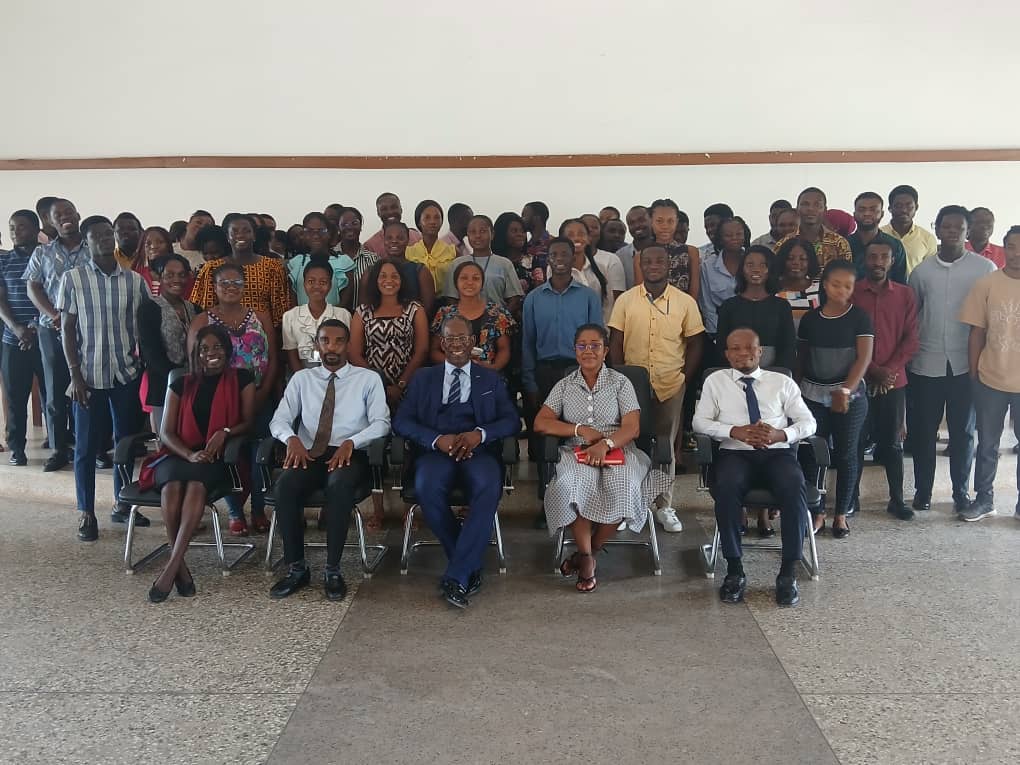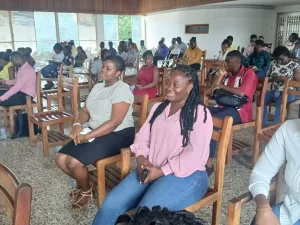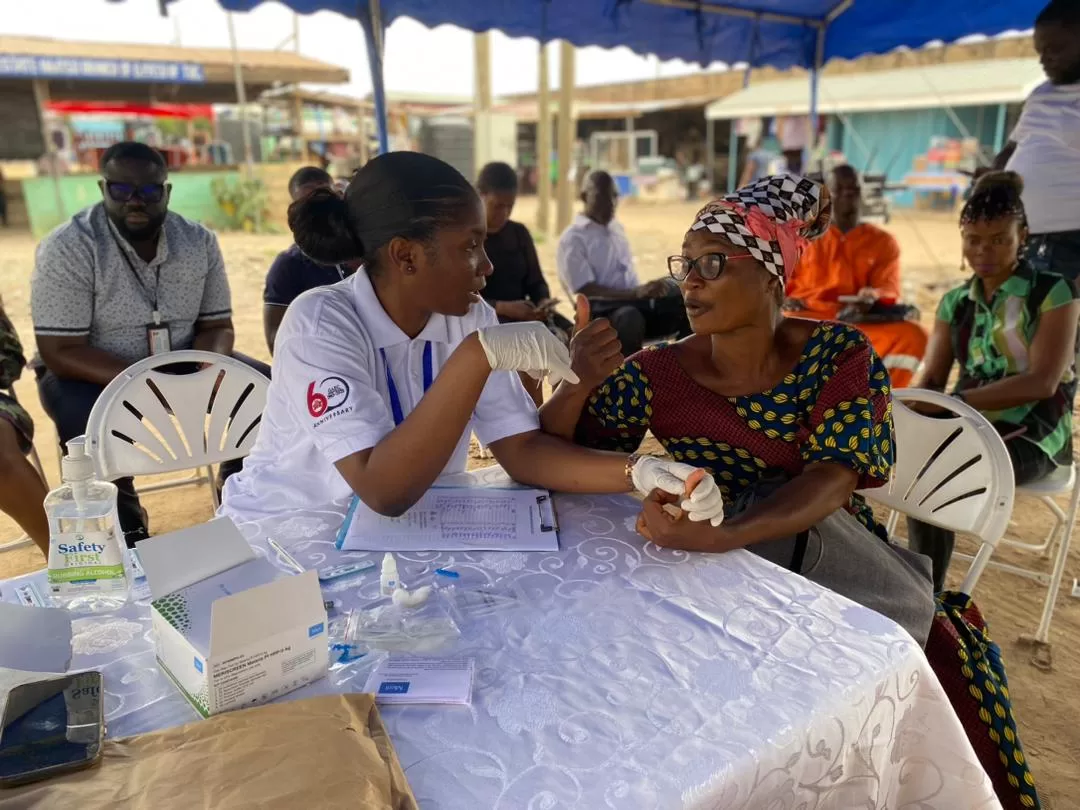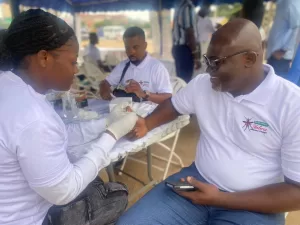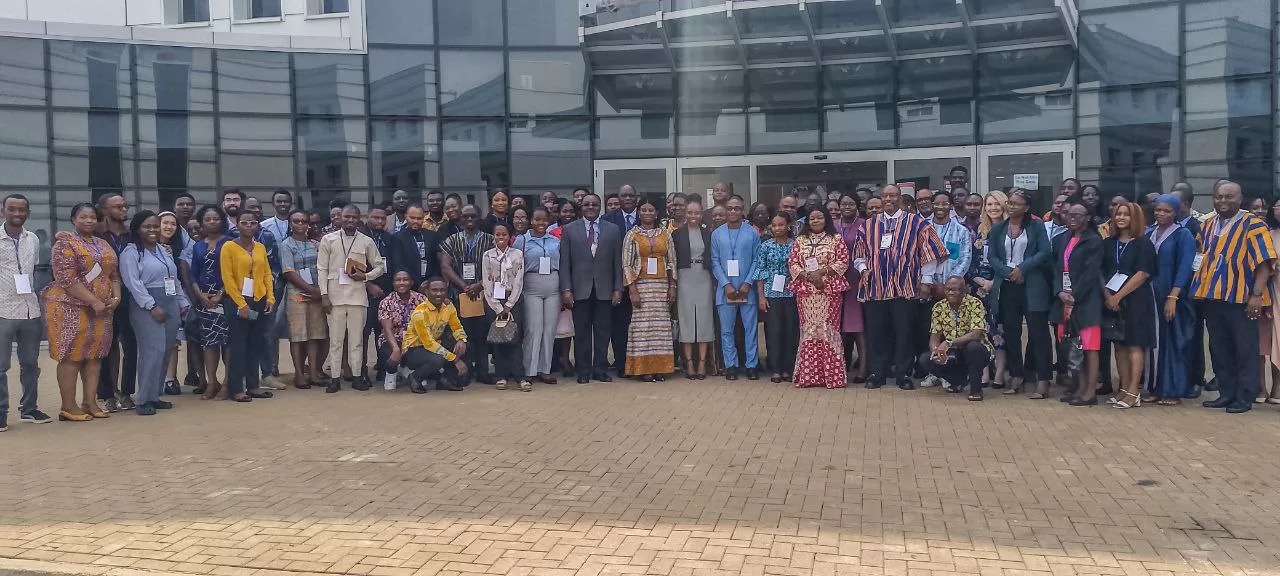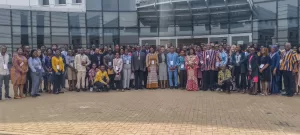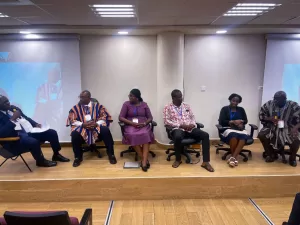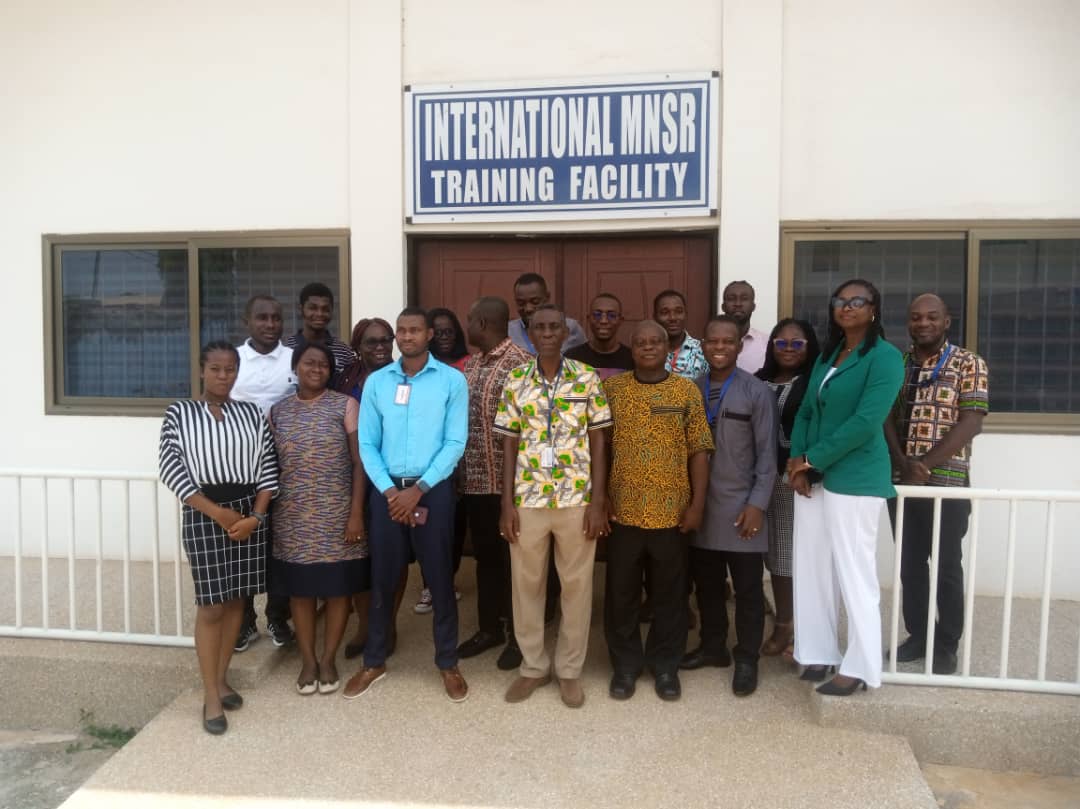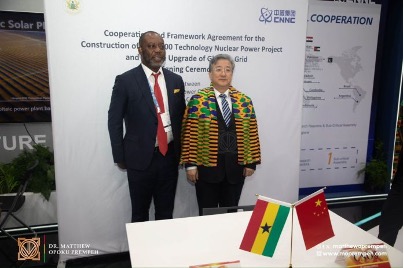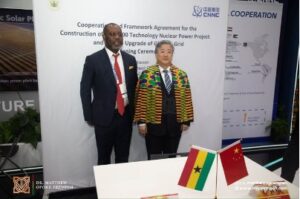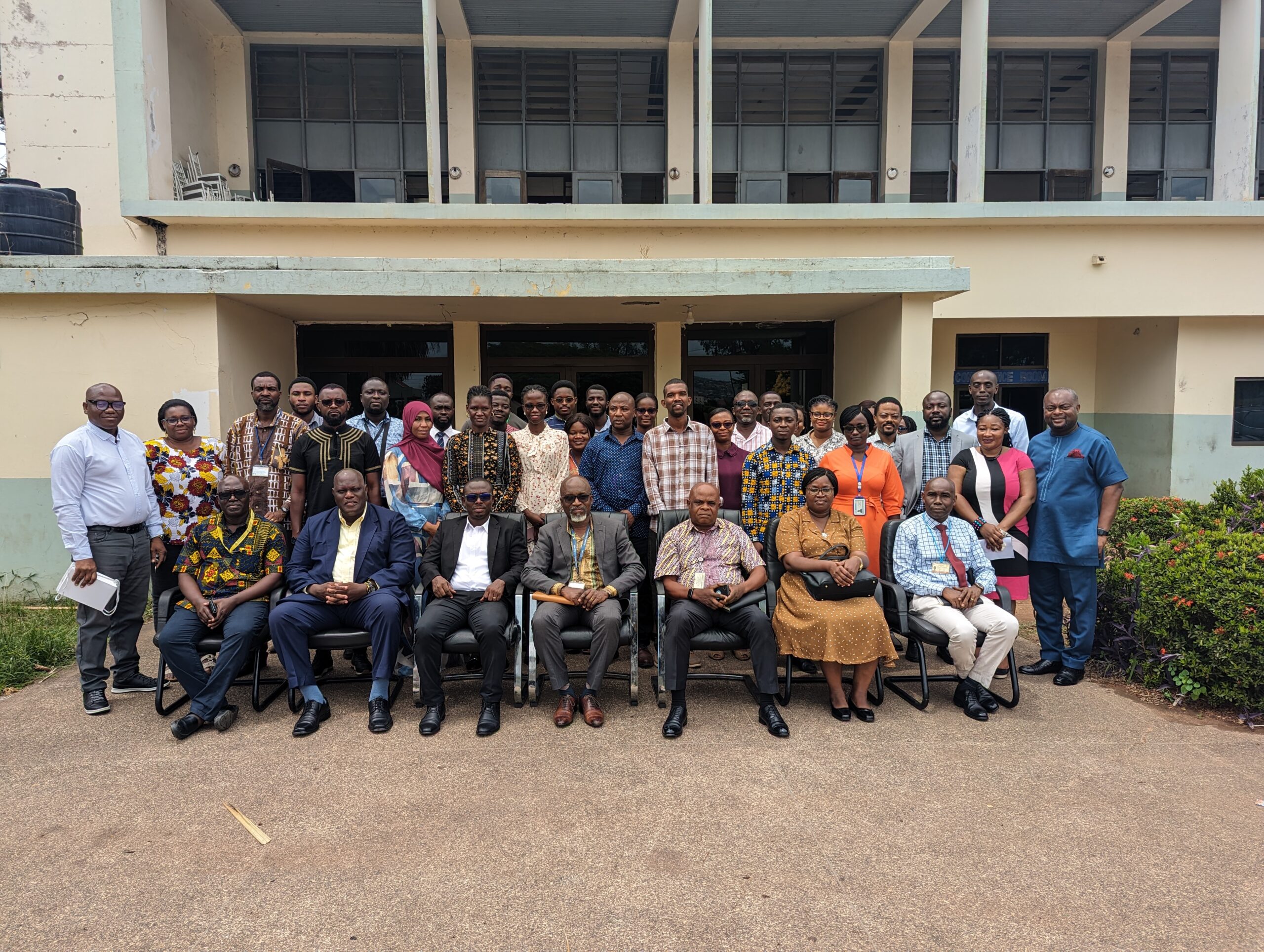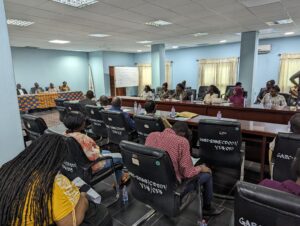The US Embassy has inaugurated a simulator training centre at the School of Nuclear and Allied Sciences (SNAS) to advance Ghana’s nuclear power development and strengthen its position as a leader in sustainable energy solutions.
The NuScale Energy Exploration Centre, which was inaugurated yesterday, will serve as a regional training hub to equip professionals with the skills and expertise required for the safe and secure use of nuclear power.
Backed by US funding and technical support, the centre is poised to play a pivotal role in building a highly skilled workforce, adhering to international safety standards and supporting Ghana’s ambitions to lead nuclear energy development on the continent.
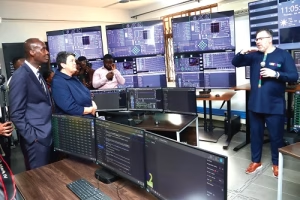
The centre
The NuScale Energy Exploration Centre is part of the US “Foundational Infrastructure for Responsible Use of Small Modular Reactor Technology (FIRST)” programme, which supports Ghana’s plans to establish a nuclear power plant.
The new facility will not only strengthen local expertise but also ensure the secure application of this advanced technology, reinforcing Ghana’s role as a key player in Africa’s energy landscape.
Nuclear energy
Speaking at the launch, which took place at the Ghana Atomic Energy Commission (GAEC) at Kwabenya, the US Ambassador to Ghana, Virginia E. Palmer, stated that the simulator training centre was the beginning of Ghana’s nuclear energy journey.
She expressed optimism that the facility would contribute to job creation, support mineral processing and manufacturing, and drive economic growth in Ghana and the wider African region.
“By investing in nuclear technology, we are not only diversifying energy sources but also contributing to a cleaner, more sustainable future”.
“The United States is proud to partner with Ghana on this nuclear energy journey — a partnership built on mutual benefit, knowledge sharing, and a long-term commitment,” Ms Palmer said.
She said reliable energy access was fundamental to progress economic growth, health, women’s empowerment, and beyond and that nuclear energy stood out as a transformative force, capable of catalysing economic development across Africa.
The US Ambassador also emphasised the benefits of the SMR technology, describing it as a cutting-edge innovation in nuclear energy that offered a safer, scalable, and cost-effective alternative to traditional reactors.
US-Ghana collaboration
The Director-General of the Ghana Atomic Energy Commission (GAEC), Professor Samuel Boakye-Dampare, highlighted the importance of the collaboration between Ghana and the US, stressing that the simulator represented more than just a technological achievement.
“This advanced modular reactor simulator is a critical step towards building a skilled workforce capable of meeting the demands of Ghana’s ambitious nuclear energy programme,” he added.
Prof. Boakye-Dampare also outlined the broader impact of the centre, stating that it positioned Ghana as a regional hub of SMR technology, which would provide training opportunities across Africa and foster careers in nuclear-related fields.
He said the centre had immense potential to drive economic growth, ensure energy security and promote environmental stewardship.
Prof. Boakye-Dampare recognised the vital role of GAEC and the Nuclear Power Institute (NPI) in advancing Ghana’s nuclear programme.
Source: Graphic Online

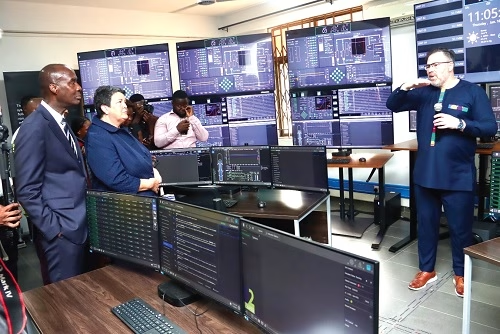
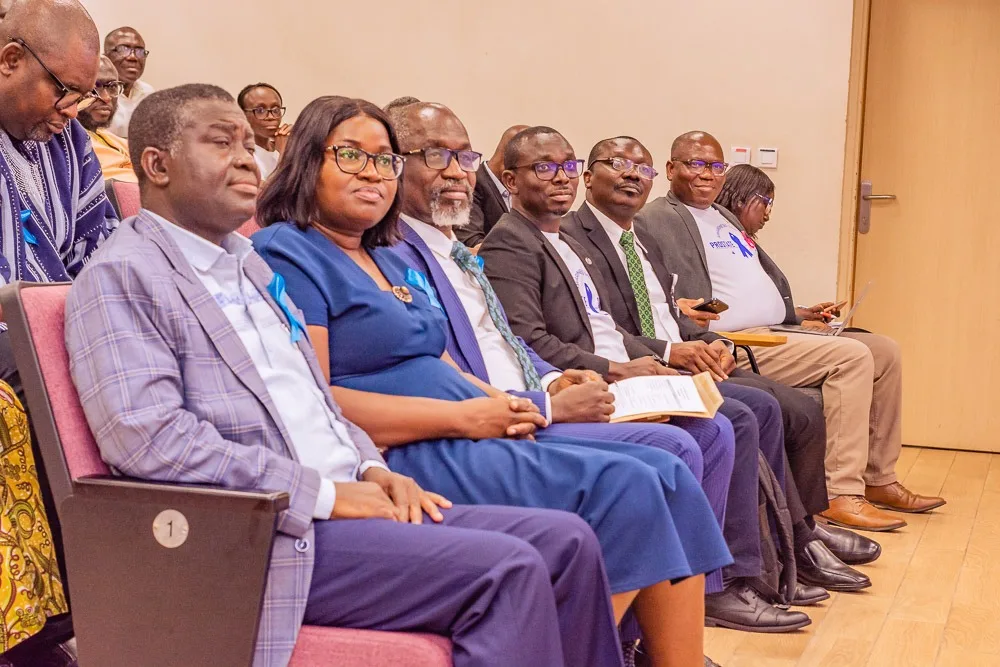
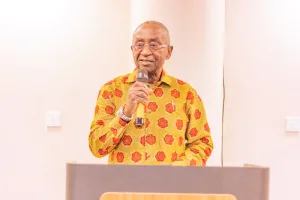
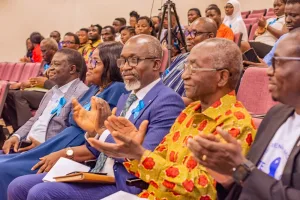
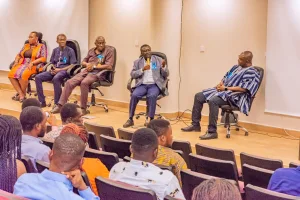 He added that this Public Engagement was one of such activities GAEC was spearheading in collaboration with the Ghana Society for Medical Physics, the University of Ghana Medical Centre, Korle Bu Teaching Hospital and the Komfo Anokye Teaching Hospital.
He added that this Public Engagement was one of such activities GAEC was spearheading in collaboration with the Ghana Society for Medical Physics, the University of Ghana Medical Centre, Korle Bu Teaching Hospital and the Komfo Anokye Teaching Hospital.